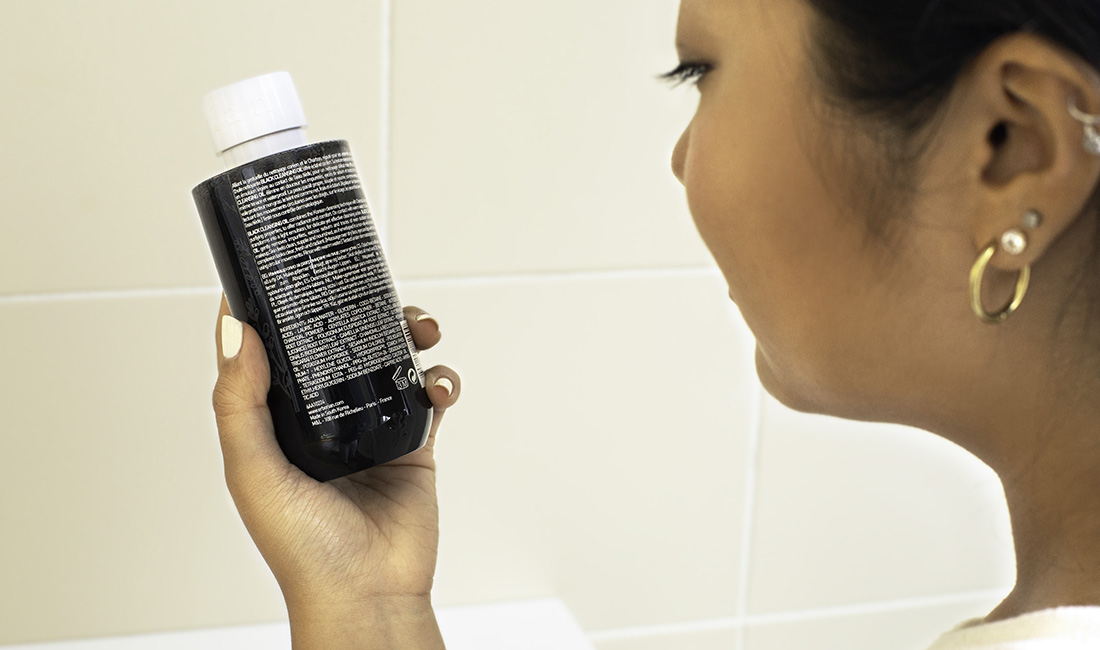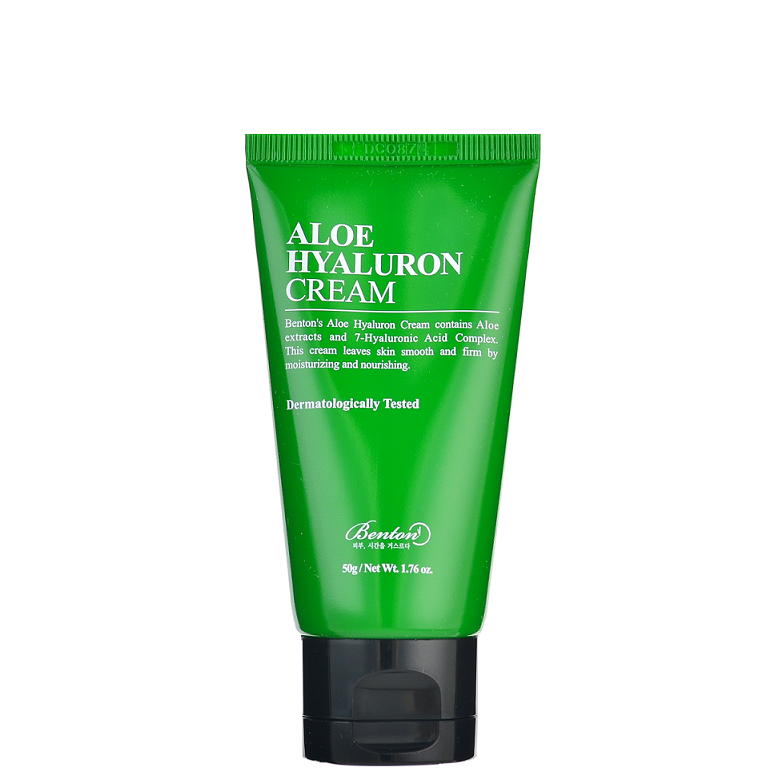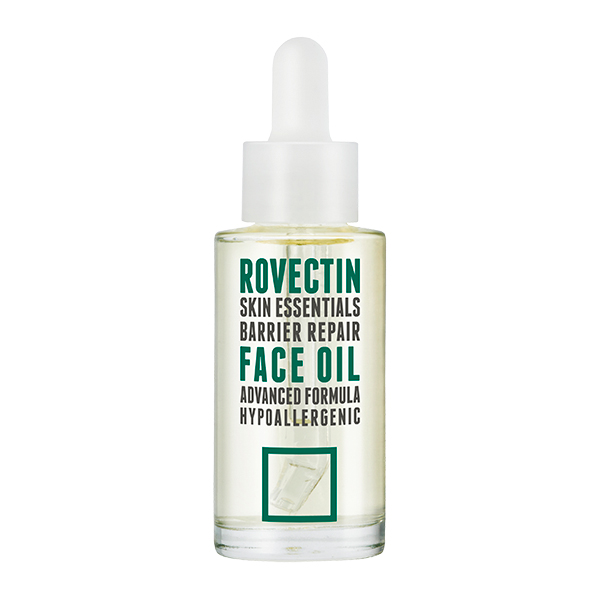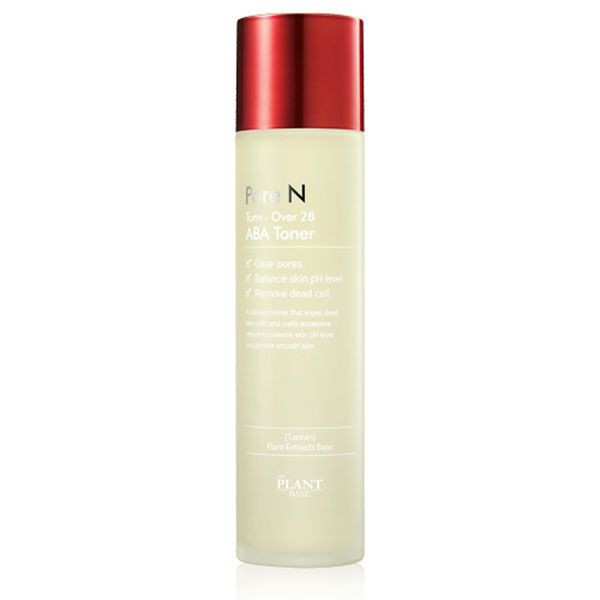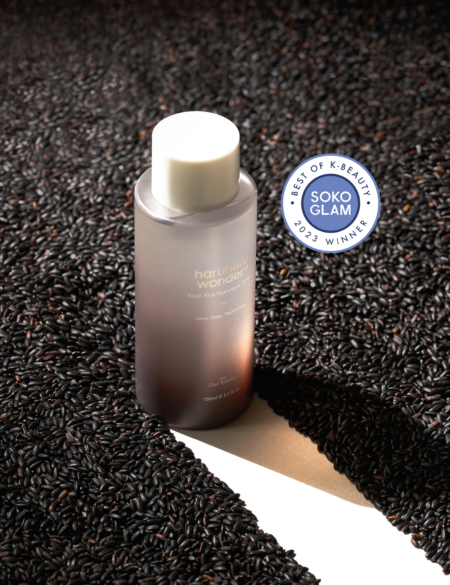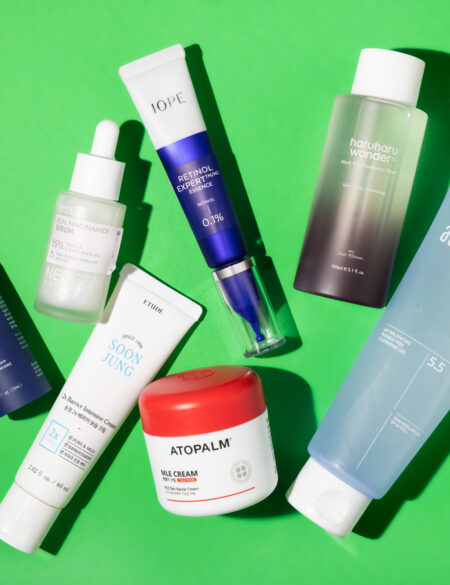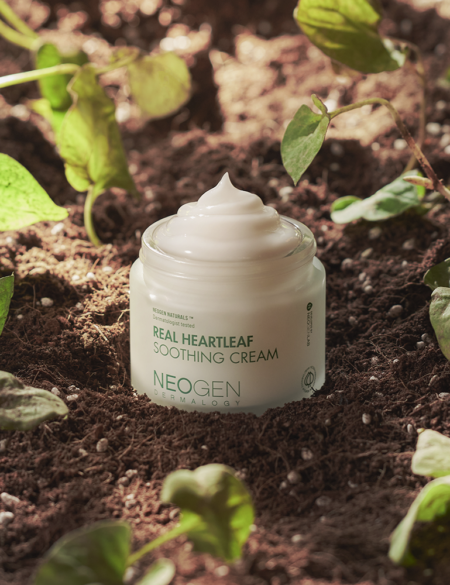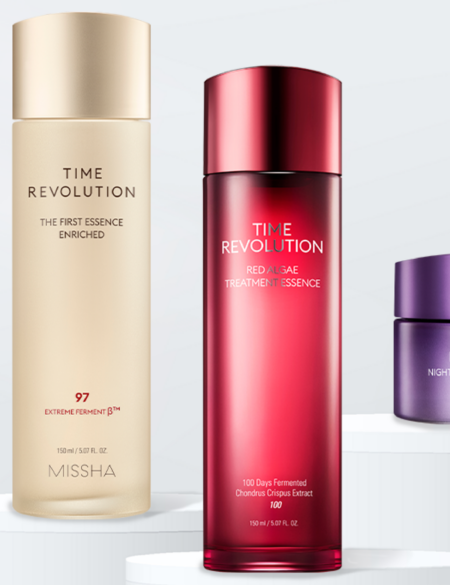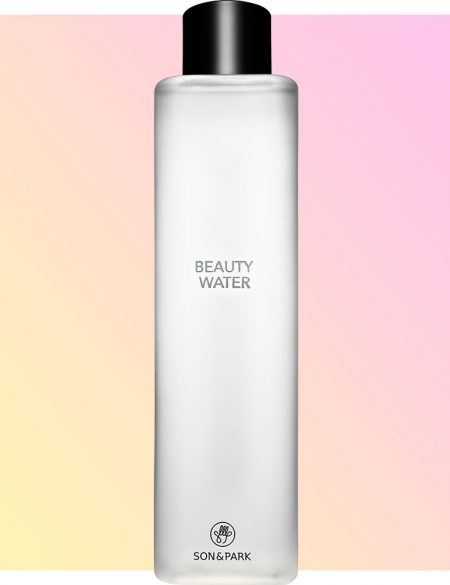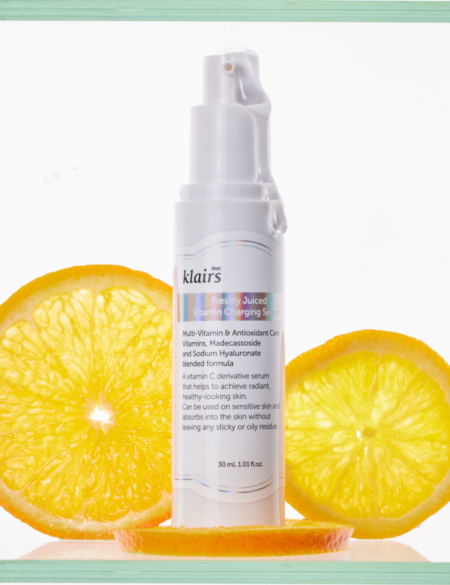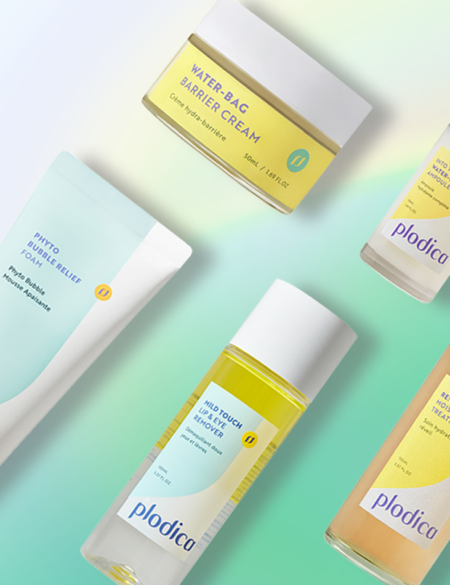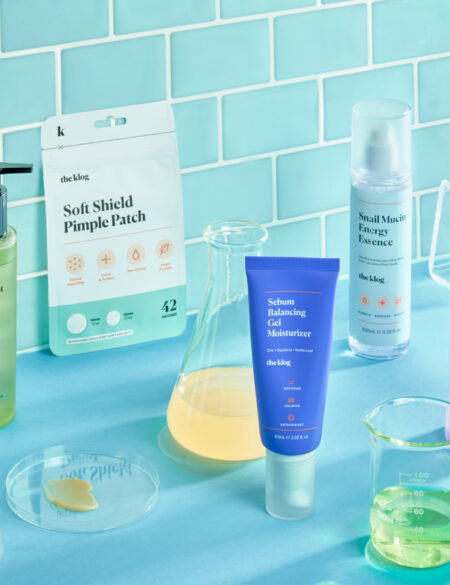Whether you’re going vegan or are trying to be more aware of exactly what you’re putting on your skin, it can be helpful to learn more about where ingredients are coming from. Are they animal-derived or plant-based? Here, we highlight five common ingredients that you might not know can be both.
I recently met with Debbi Burnes, author, celebrity aesthetician, and co-founder of natural, eco-friendly skin care brand Sumbody, to chat about her new book: The Beauty Geek’s Guide to Skin Care. In it, Debbi shares the definition and benefits of a whopping 1,000 ingredients that are commonly found in our beauty products.
As we were discussing the buzzy ingredients du jour, it didn’t take long for our conversation to get on the topic of vegan skin care. She told me a story about a founder of an indie vegan skin care brand who ran into an issue when she discovered that the stearic acid (an emollient fatty acid) used in her products from a manufacturer was derived not from plants, as she thought, but from animal byproduct.
RELATED: Your Complete Guide to Vegan and Cruelty-Free K-Beauty Products
There are a handful of reasons why it’s tricky to find vegan skin care products (one is that if a brand is sold in mainland China, animal testing is required), including like the founder in Debbi’s story experienced, there are a number of popular ingredients that can be sourced from both animals and plants, and you might not always know which you’re getting.
“Generally, the animal source [of an ingredient] is more readily available and less expensive as it’s been around longer,” said Debbi. Conversely, “the rise of cruelty-free beauty and animal product-free beauty has made alternatives more accessible on the market.”
Thankfully, beauty companies are getting better at being more transparent about where their ingredients are sourced from and will often explicitly note if a product is vegan, or if certain ingredients are plant-based or not, right on the packaging. Retailers like Soko Glam have also made things easier by clearly labeling products that are vegan on their sites. But because we still have a ways to go, I asked Debbi to highlight the ingredients to check twice on the label if you’re looking for vegan products.
Hyaluronic Acid
One of the most popular moisturizing and all-around beneficial ingredients is hyaluronic acid. It is a naturally occurring substance in the human body, but for skin care it can be sourced from the joints of roosters and eye balls of horses and cows or from starchy root vegetables and microbial fermentation in a lab. If you’re vegan, you’ll be happy to know that microbial fermentation is now the most common source of the ingredient in skin care.
Try: The Benton Aloe Hyaluron Cream contains a potent hyaluronic acid complex that’s not derived from animals.
Squalene
There was a time when squalene (sometimes listed as squalane if it’s hydrogenated), an emollient and antioxidant, came from shark liver oil, but Debbi says that that source is not common anymore. Now, it is often sourced from olive oil and amaranth (a grain) oil.
Try: The Rovectin Skin Essentials Barrier Repair Face Oil contains squalane and is 100% vegan.
Collagen
Collagen is a structural protein that, like hyaluronic acid, is naturally present in the body. The ingredient is moisturizing and plumps up fine lines and wrinkles. Debbi explains that it can be sourced from animals such as cows, pigs, or fish. Vegan alternatives – usually from chia seeds or avocado – are becoming more and more available.
Retinol
Retinol is considered the most potent anti-aging ingredient out there. It’s a derivative of vitamin A that is most often derived from animal byproduct. You’ll see it on ingredient lists as “retinoid”, but if it’s from plant sources (usually from vegetables like carrots), it will be listed as “carotenoid”. Another vegan alternative to retinol is bakuchiol. The buzzy ingredient comes from seeds and leaves from the psoralea corylifolia plant and studies have shown that it has impressive anti-aging benefits.
Lactic Acid
Lactic acid is a gentle AHA (alpha hydroxy acid) that hydrates as it lightly exfoliates. Like its name implies, it can be derived from milk or as a non-animal byproduct alternative via the fermentation process of cornstarch or beet sugar.
Try: The Plant Base Pore N Turn-Over 28 ABA Toner contains lactic acid from fermented sugar.


